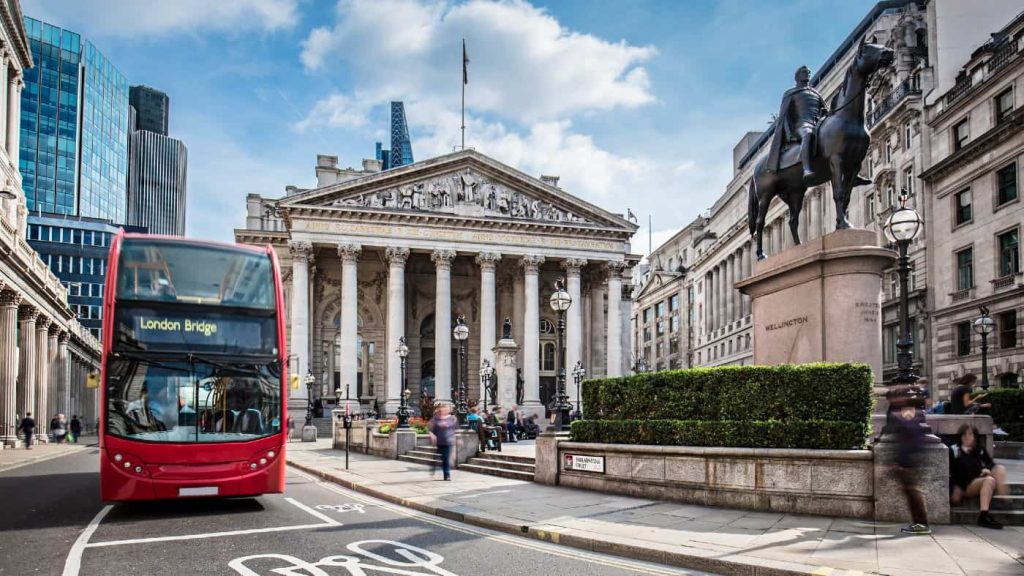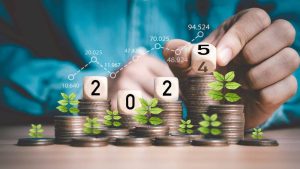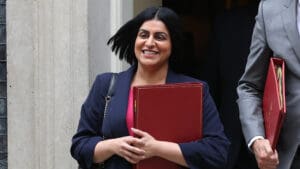What happens to investors when there’s a stock market crash?


This year has seen some strong performance in stock markets, including multiple new all-time highs for the FTSE 100. But 2025 has also seen considerable volatility â and the year is not over yet. Nobody knows when the next stock market crash will happen, but some investors are increasingly nervous about the prospects for the market in coming months.
While the timing is never clear, what we do know from history is that sooner or later, the stock market will crash again.
What does that mean for investors?
The best of times, the worst of times
In short, there is no single answer. It very much depends on the position of the individual investor.
For starters, some shares do well while the market overall plummets. So, in some cases, an investor can actually do well against the backdrop of a stock market crash.
That is just like the way in which some do badly even in a bull market: investors who are buying individual shares rather than the market overall are decoupled from the overall market performance. That does not mean, though, that they are immune to wider economic factors that can hurt or help individual businesses and their shares.
But the big picture in my view is that the impact of a crash depends on whether someone has their money in the market, or is sitting on cash. Those are very different situations!
Cash can be king in a crash
When a stock market crash comes along, sitting on lots of ready cash ready to invest can let one scoop up blue-chip shares at bargain prices.
But while that can be potentially lucrative, it is worth bearing in mind that no matter how low a share goes, it can still go lower. Sometimes a share price falls in a crash to what seems like bargain levels â only to fall further.
Sitting on cash waiting for a crash can also mean missing out on brilliant periods in the market.
Riding the storm
What about investors who already own shares when there is a stock market crash?
Watching a share one owns fall in price can be painful.
It can make sense to sell if the underlying investment case has changed, for example because of a changed economy. But as a long-term investor, I am typically happy to hold a share I own and wait for price recovery.
I think M&G (LSE: MNG) illustrates the point.
Shareholders who bought the FTSE 100 asset manager in the March 2020 crash are now sitting on a 141% share price gain. Not only that, but they are earning a dividend yield of around 18%. Wow!
What about prior shareholders, who saw the M&G share price crash 56% from February to March 2020?
Those who held on have done fine. The share price is now 7% higher than it was just before that crash. Investors who bought just before that crash are earning a dividend yield of around 7.8% — and M&G’s dividends have kept flowing throughout.
As that crash showed, a financial downturn risks asset management clients pulling out funds and hurting profits.
But M&Gâs strong brand and cash generative business appeal to me. Even at the current price, I see it as a share for investors to consider.
The post What happens to investors when thereâs a stock market crash? appeared first on The Motley Fool UK.
Should you invest £1,000 in M&g Plc right now?
When investing expert Mark Rogers has a stock tip, it can pay to listen. After all, the flagship Motley Fool Share Advisor newsletter he has run for nearly a decade has provided thousands of paying members with top stock recommendations from the UK and US markets.
And right now, Mark thinks there are 6 standout stocks that investors should consider buying. Want to see if M&g Plc made the list?
More reading
- 10,000 shares of this FTSE 100 dividend share should generate £2,000+ of passive income a year!
- 7.9% yield! Is the third-largest dividend in the FTSE 100 one to consider snapping up today?
- 8%+ yields! Are these jaw-dropping FTSE dividend shares a golden income opportunity?
- How much does someone need to invest in dividend shares to target a £30k passive income at 55?
- This blue-chip comes with a killer 7.6% dividend yield â can it last?
C Ruane has no position in any of the shares mentioned. The Motley Fool UK has recommended M&g Plc. Views expressed on the companies mentioned in this article are those of the writer and therefore may differ from the official recommendations we make in our subscription services such as Share Advisor, Hidden Winners and Pro. Here at The Motley Fool we believe that considering a diverse range of insights makes us better investors.








